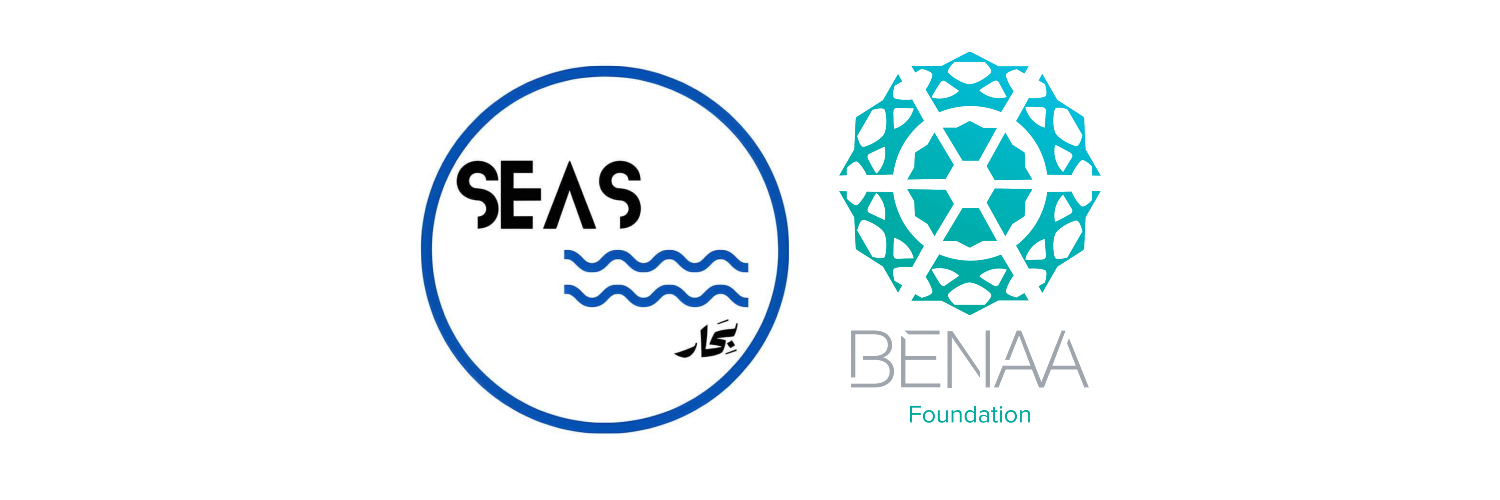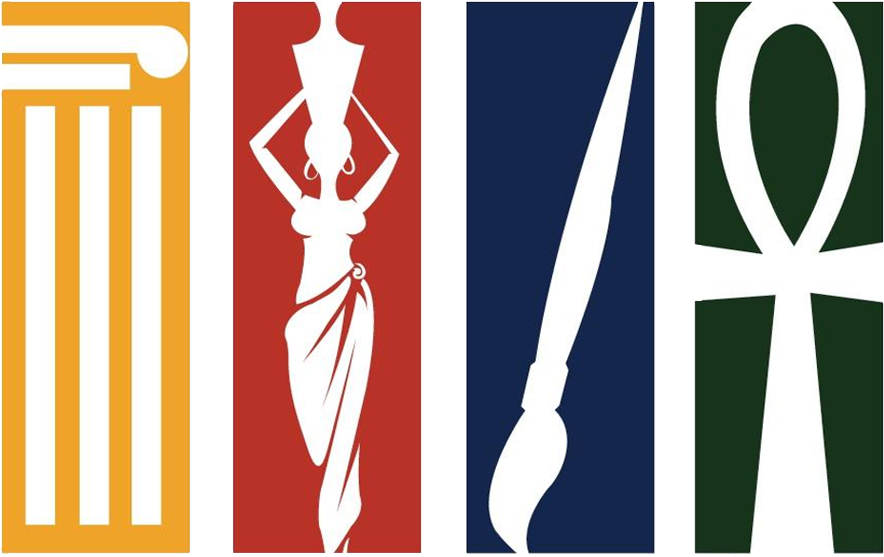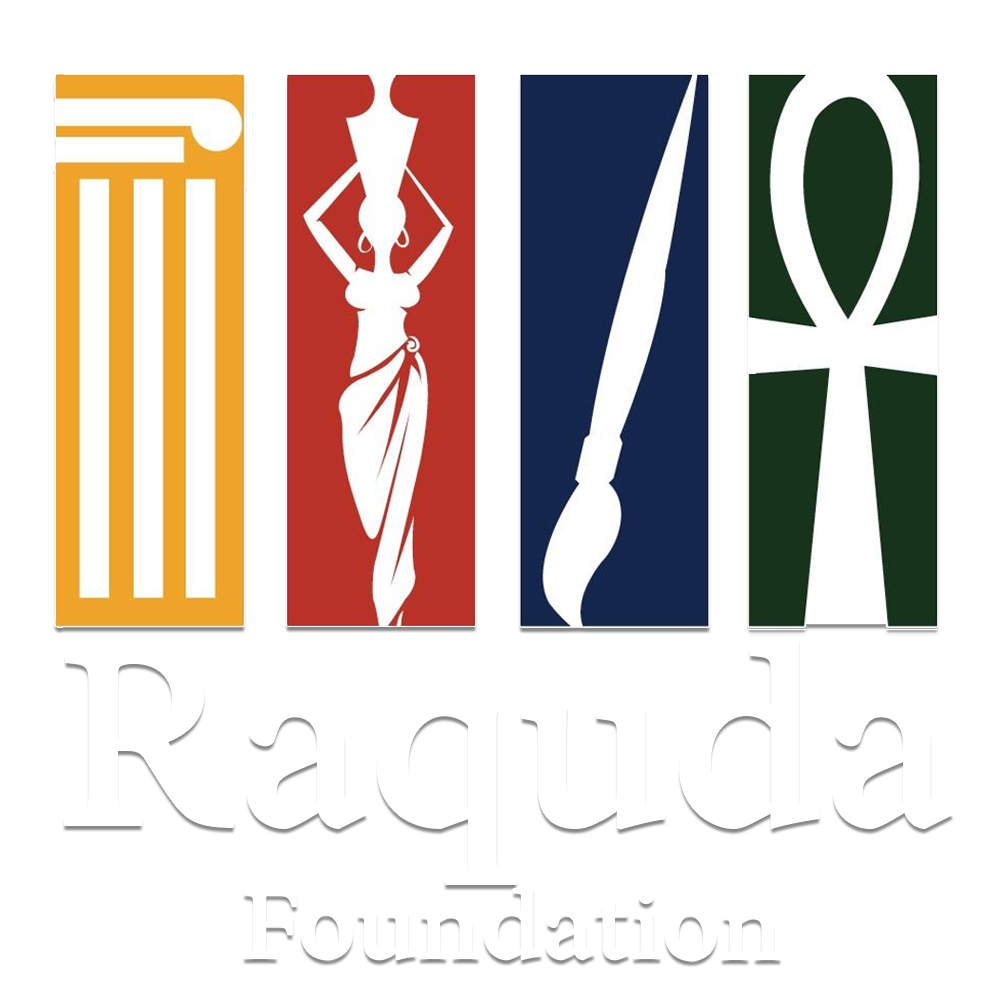The Maritime and Urban Heritage Monitoring and Inventory Camp of the Coastal City of Quseir
Overview
Understanding and studying heritage and urban planning contributes to the expansion of development processes and cooperation with communities to preserve their human and environmental heritage. From this standpoint, the idea of cooperation came to work on another season of the Heritage Management Camps Project, which is one of the projects of the Raquda Foundation, which aims to preserve and safeguard heritage through capacity building in the various governorates of Egypt.
The camp is entitled “The Maritime and Urban Heritage Monitoring and Inventory Camp of the Coastal City of Quseir” The city of Qusair is one of the oldest and most important coastal heritage cities along the Red Sea coast, which witnessed large commercial movements between Egypt and multiple countries in the Red Sea and all the way to the Indian Ocean. It also contributed to the production of intangible heritage ideas, especially related to fishing and boat building. The urban developments have transformed El Quseir into a significant source of phosphate extraction.
Over the course of four intense days, the Raquda Foundation for Art and Heritage held a camp to monitor and inventory the maritime and urban heritage of the coastal city of Qusair. This is being done in collaboration with the Benaa Foundation and the Bahar Company.
During the campaign in The Qasier, the focus has been on urban planning for the city. Further, building techniques and construction methods were also taught through clay, which was provided by the Benaa Foundation. The trainers also learned how to document and monitor the tangible and intangible heritage through the monitoring and inventory forms prepared by the Raquda Foundation.
Moreover, they also learned how to document the values and elements of the heritage and architecture of El-Qusair through Geographic Information Systems (GIS), which the Raquda Foundation uses in its research projects. They also learned about the heritage of El-Qusair from the local community, hearing old stories related to the city, and getting the opportunity to know the challenges of the community through the Bahar Company.
At the end of the camp, El-Qusair was documented through a short film showing the results of the camp. The camp ended with the participation of 18 participants in producing four different projects aimed at documenting and reviving the coastal heritage of Qusair and preserving its urban heritage in a sustainable manner.
In Collaboration with


